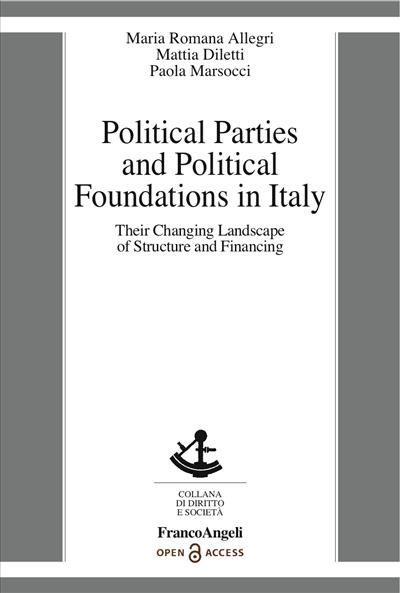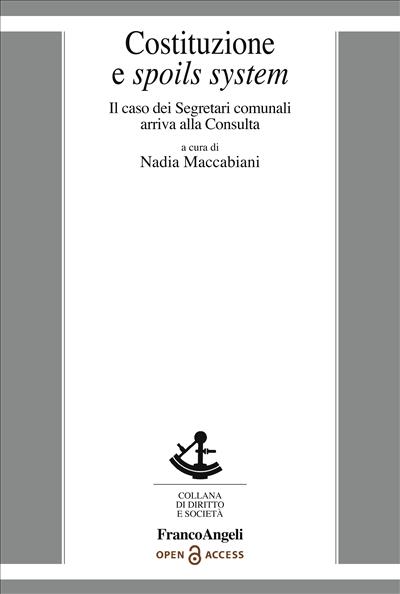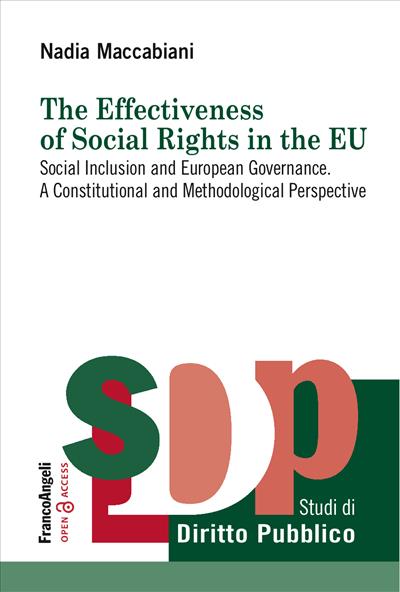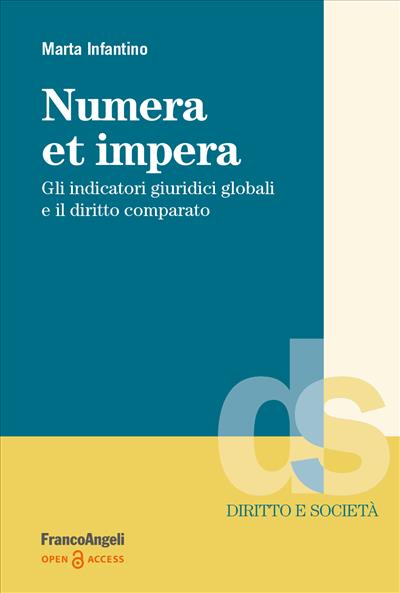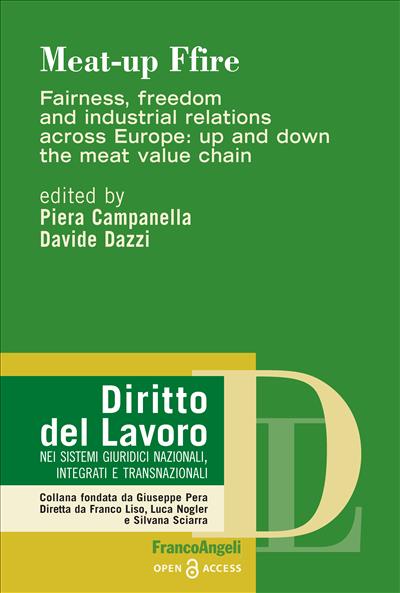
A cura di: Piera Campanella, Davide Dazzi
Meat-up Ffire
Fairness, freedom and industrial relations across Europe: up and down the meat value chain
This volume gathers the results of the research carried out as part of Meat-up Ffire, a project financed by the European Commission with the aim of investigating the contribution of industrial relations structures in an important sector of the EU economy, such as the meat industry. The sector is undergoing significant changes, mainly due to the increasing level of global competition, the effects of automation, the emergence of new consumption patterns, and a renewed commitment to environmental sustainability and animal welfare. Besides, there is a widespread concern for the poor working conditions and wages. This is particularly evident in the pork business, that the project puts under analysis.
Pagine: 284
ISBN: 9788835102052
Edizione:1a edizione 2020
Codice editore: 10300.1
Informazioni sugli open access
